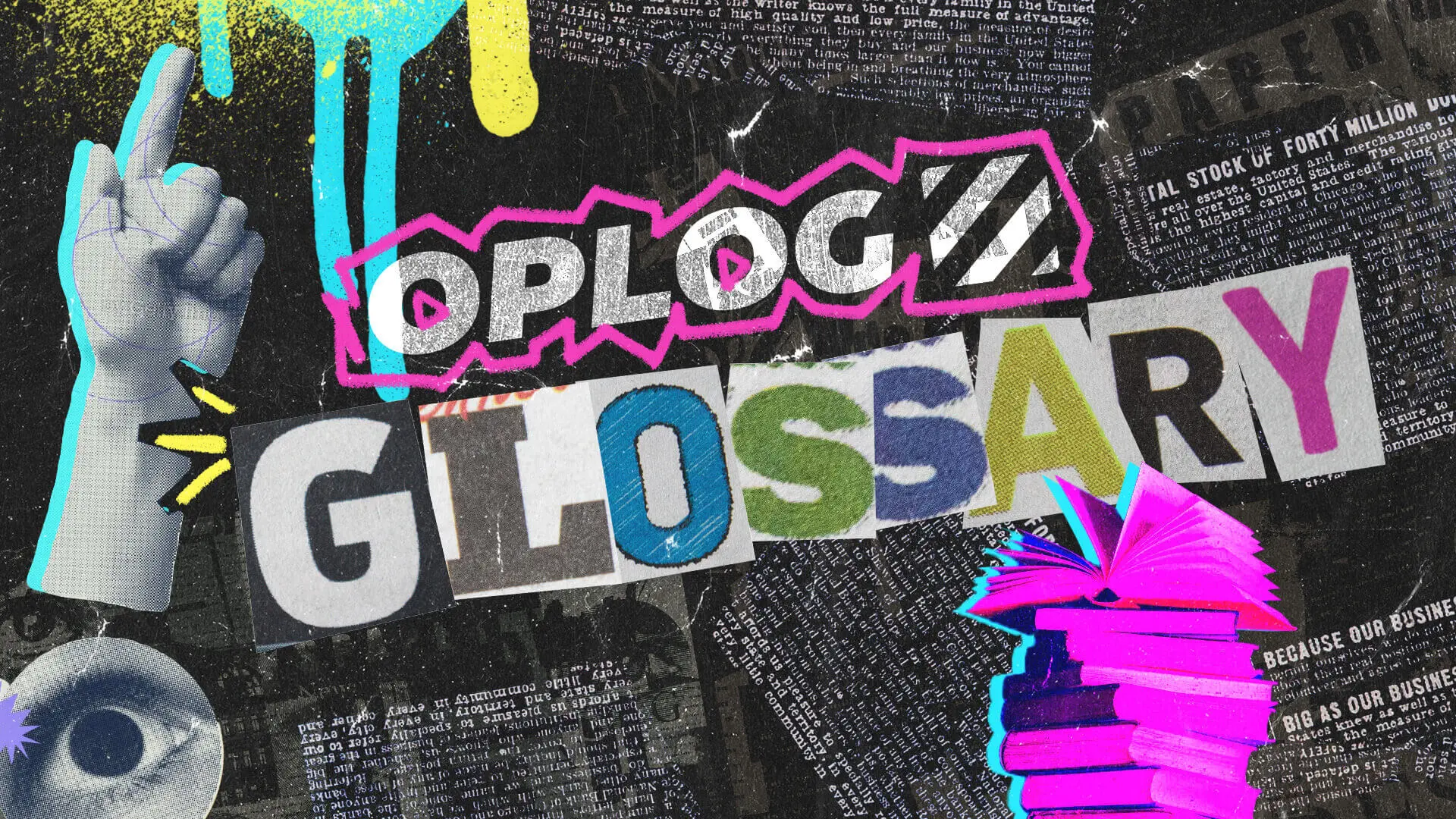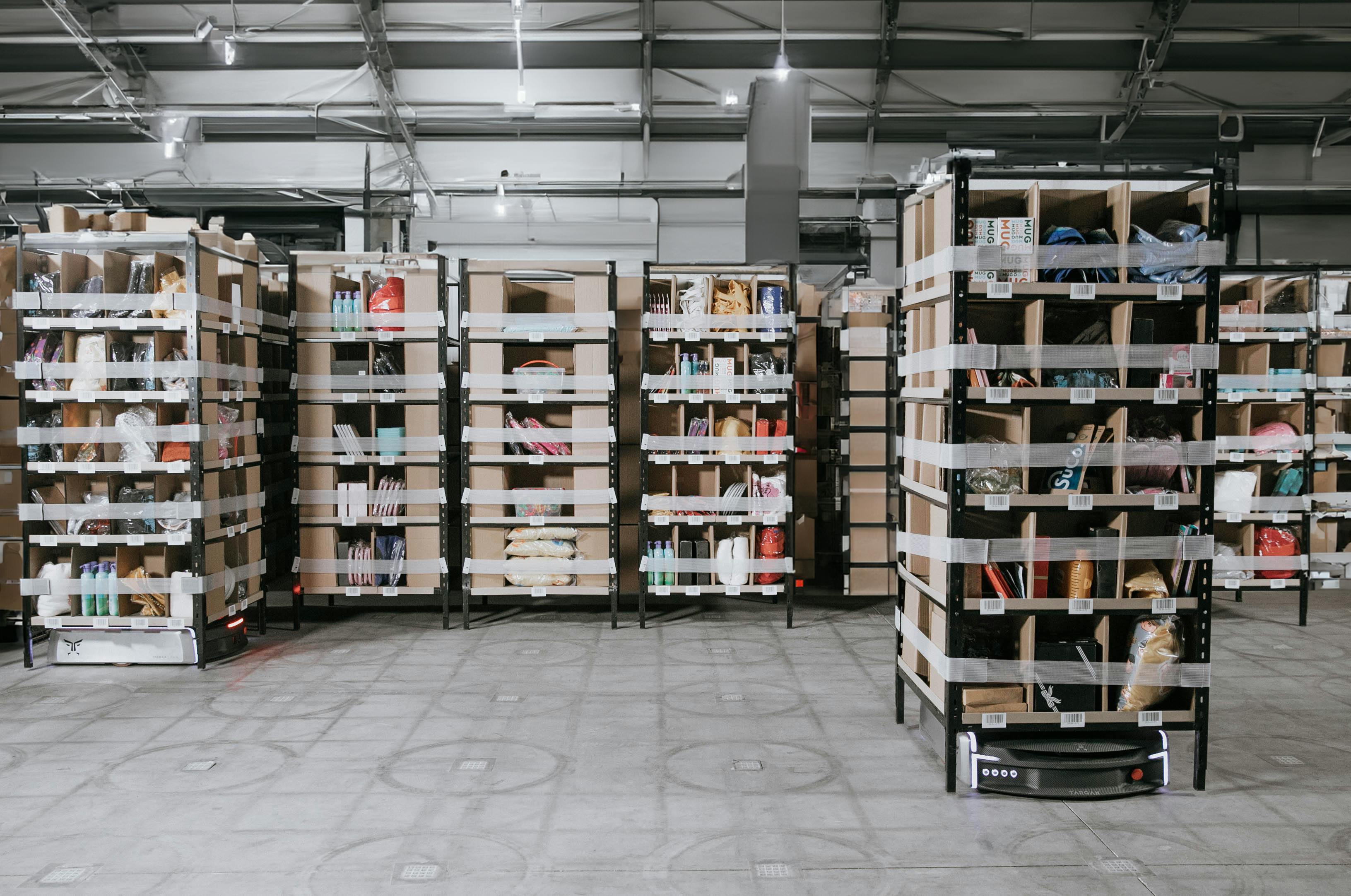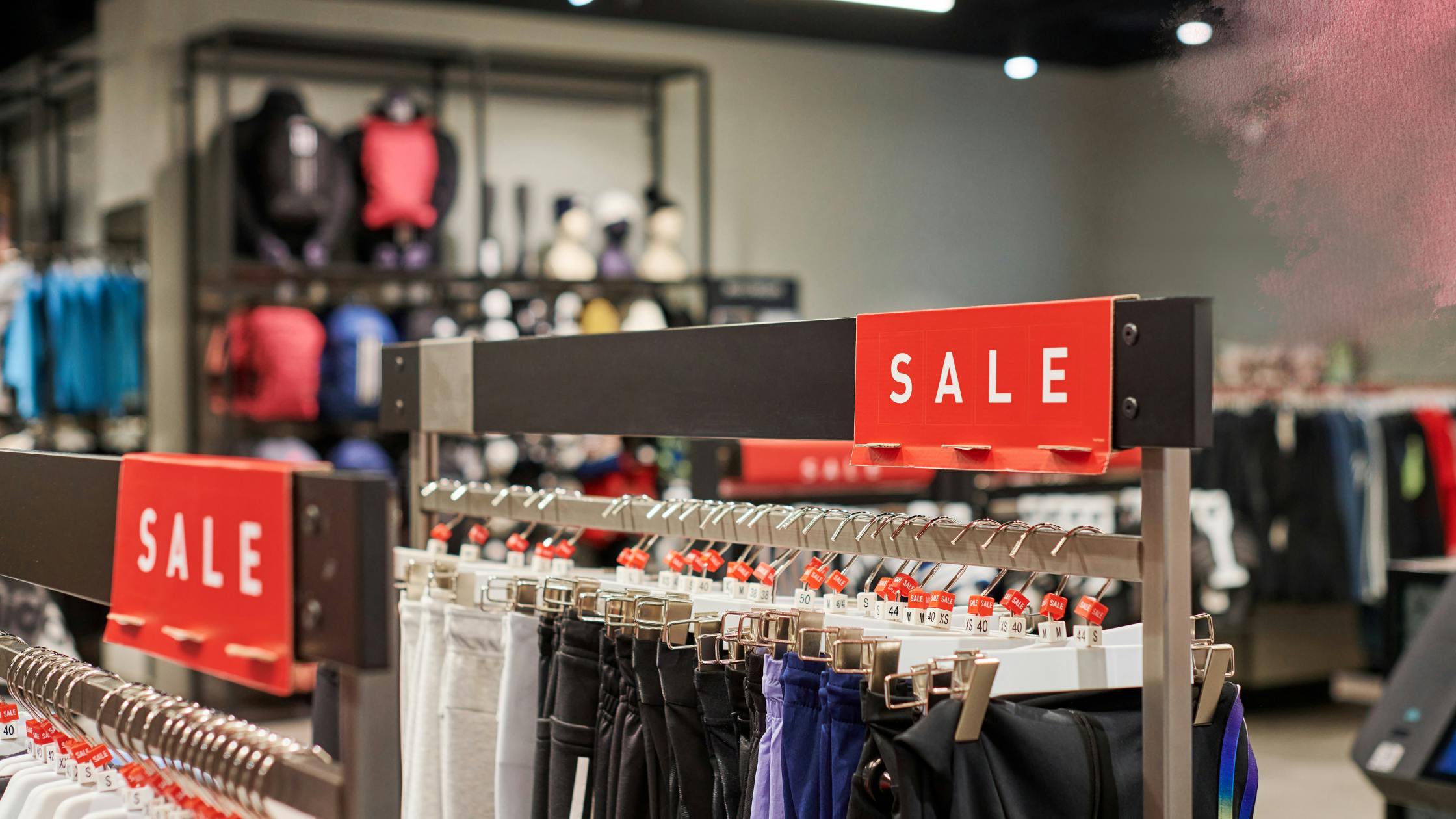
Distribution
Delivering goods from a manufacturer or supplier to a final customer or retail store. The distribution process involves a series of activities ensuring that the right products are delivered to the correct location at the right time and in the proper condition.
What does distribution mean in logistics?
In logistics, distribution refers to the process of transporting and delivering products from a manufacturer or supplier to the end customer. It involves the management of the flow of goods from the point of origin to the point of consumption, including storage, handling, packaging, and transportation. The goal of distribution is to ensure that the right products are delivered to the right place, at the right time, and in the right condition, while minimizing costs and maximizing efficiency.
What are the processes of distribution?
The distribution process in logistics typically involves several key processes that ensure the efficient and effective movement of goods from the manufacturer to the end customer. Some of the common distribution processes include:
Order Processing: This involves receiving and processing customer orders, verifying inventory availability, and determining the most appropriate shipping method.
Warehousing and Inventory Management: This involves the storage, handling, and tracking of inventory in warehouses or distribution centers, ensuring that products are available when needed.
Transportation: This involves the movement of goods from one location to another, using various modes of transportation such as trucks, trains, ships, or planes.
Packaging and Labeling: This involves packaging and labeling products to ensure they are protected during transportation and properly identified for delivery to the correct customer.
Delivery: This involves the final stage of distribution, where products are delivered to the end customer, either directly or through intermediaries such as retailers or wholesalers.
Reverse Logistics: This involves managing the return of products from the end customer to the manufacturer or supplier, including the management of product recalls, warranty claims, and defective products.


